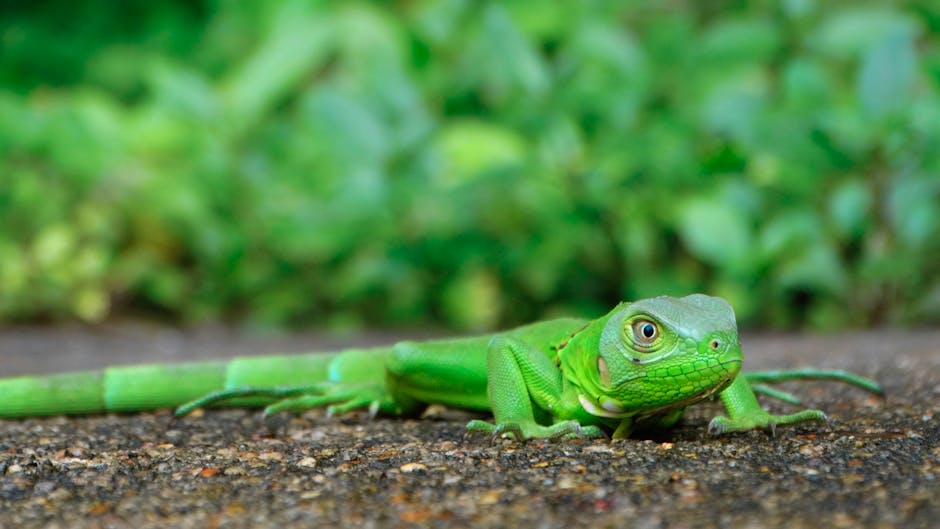
Iguana Species Overview
Iguanas are captivating reptiles classified under the Iguanidae family. Notable for their long tails, movable eyelids, and four nimble legs, these ectothermic animals flourish in warm climates and can live for as long as twenty years. Understanding iguana species is essential for potential pet owners and reptile enthusiasts alike.
Diverse Iguana Species
Iguanas primarily inhabit regions in Mexico, Central and South America, and the Lesser Antilles Islands, with additional populations in Hawaii, Florida, and California.
Most iguana species are arboreal, dwelling in trees, while some have adapted to various environments such as deserts, rocky landscapes, and coastal caves, including marine iguanas.
The Iguanidae family includes eight unique genera: Cyrclura, Amblyrhyncus, Conolophus, Ctenosauria, Dipsosaurus, Sauromalus, and Brachylophus.
Cyrclura, or rock iguanas, are found on several Caribbean islands and are considered endangered, making them rare in the pet trade. If you see one for sale, it’s likely to be captive-bred.
Amblyrhyncus refers to marine iguanas, specifically the Galapagos Marine Iguana, which faces conservation challenges due to its specialized diet of marine algae that is hard to replicate in captivity.
Conolophus includes Galapagos Land Iguanas, closely related to their marine counterparts, and primarily feeds on plants and cacti.
Ctenosauria, known as spiny-tailed iguanas, are indigenous to Mexico and Central America. These smaller iguanas range from 5 to 35 inches and are recognized for their distinct tail scales, primarily consuming fruits, flowers, and small insects.
Dipsosaurus encompasses desert iguanas found in Southern America and Mexico, characterized by their sturdy bodies and unique cream to white bellies with spotted patterns. They can grow up to 15 inches long, with tails that are twice the length of their bodies.
Sauromalus, or Chuckwallas, are robust herbivorous iguanas native to the U.S. and Mexico. They mainly feed on fruits, leaves, and flowers, and are well-suited for hot climates, often remaining inactive during extreme heat. Their low activity levels make them suitable pets.
Finally, Brachylophus, known as the Fijian banded iguana, is native to Fiji and Tonga. Due to their endangered status, illegal possession is a serious offense. If you’re considering adopting an iguana, ensure it is legally registered and consult a veterinarian for advice.
Conclusion
Gaining insight into the different iguana species enhances our understanding of these remarkable reptiles. If you’re contemplating bringing an iguana into your home, be mindful of the legal and ethical considerations involved, ensuring you are well-informed before making such a commitment.
